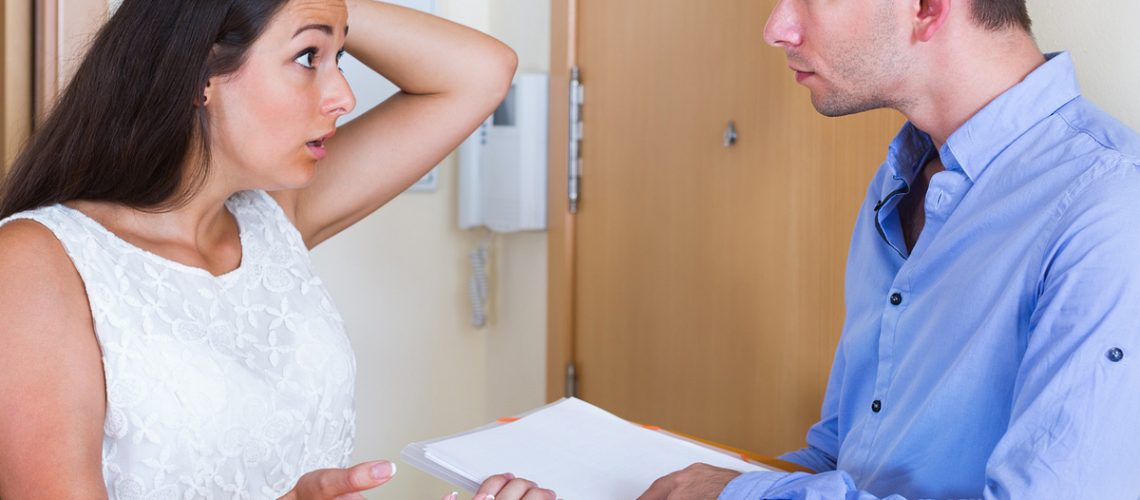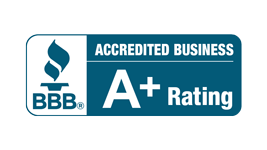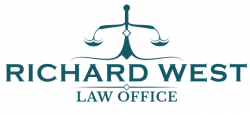Worried about your landlord finding out about your bankruptcy filing?
When filing for bankruptcy, things may feel a bit uncertain and sometimes even out of control. But bankruptcy can be the key to taking financial control back. Read on to discover whether a landlord will be informed about a bankruptcy filing and how they will learn of it if they are informed.
Around 32,239 households filed for bankruptcy in the first quarter of 2019, reaching an eight-year high in the US. [1]
If I File for Bankruptcy, Will My Landlord Find Out?
Typically, landlords do not actively receive notifications whenever a tenant files for bankruptcy. The court does not typically contact rental property owners regarding tenants’ financial circumstances. Unless your landlord happens to be actively searching the court records or comes across the information by chance, they are unlikely to know about your bankruptcy filing.
Bankruptcy cases primarily focus on your financial dealings with creditors, such as credit card companies, lenders, or medical service providers. Unless you owe a significant amount to your landlord (which would include back rent or damages) they may not be involved in the bankruptcy proceedings at all.
Some landlords may run periodic credit checks on their tenants. These credit checks provide information about your credit score, payment history, and any outstanding debts. While a bankruptcy filing could temporarily lower your credit score, it doesn’t necessarily mean that the landlord will specifically be informed about it.
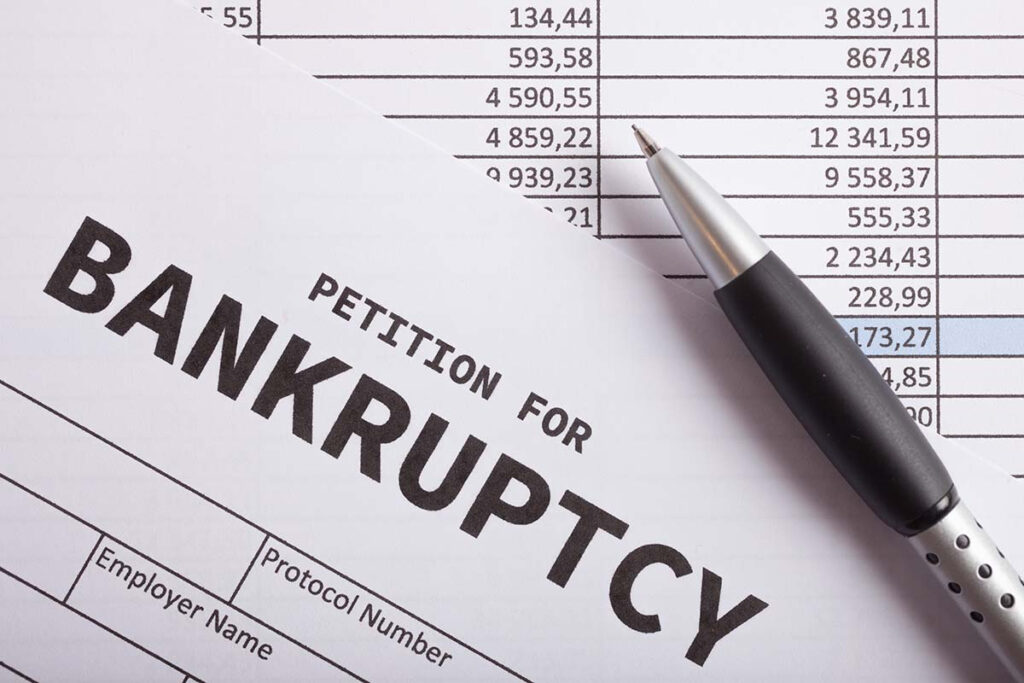
What Happens Once My Landlord Finds Out I Filed Bankruptcy?
If your rental agreement is up for renewal during the bankruptcy process, your landlord may request updated financial information. This may prompt them to discover your bankruptcy status. If your landlord or property management company conducts regular tenant screenings or background checks, your bankruptcy filing could appear in those reports.
The automatic stay provision, which is a fundamental part of bankruptcy law, immediately halts most collection efforts and legal proceedings, including eviction proceedings. This means that your landlord cannot evict you solely due to your bankruptcy filing. Continue paying your rent throughout the bankruptcy process to maintain a good standing with your landlord.
If your financial circumstances have improved post-bankruptcy, it is advisable to communicate openly with your landlord about your improved situation. This can help alleviate any concerns and maintain a healthy landlord-tenant relationship.
Chapter 7 Bankruptcy and Landlord
When you file for Chapter 7 Bankruptcy, a public notice is made, and your creditors are notified to cease collection activities. Your landlord isn’t automatically informed of your bankruptcy unless you list them as one of your creditors.
If you do owe your landlord, include your information and any outstanding debts owed to them when filling out the bankruptcy forms. Your landlord will receive an official notice similar to other creditors, informing them about your bankruptcy filing.
By listing your landlord as a creditor, you bring them under the protection of the automatic stay, which prohibits them from taking any legal action to collect outstanding rent or evict you.
This means that your landlord cannot initiate or continue eviction proceedings, demand rent payments, or remove your possessions from the rented property during the bankruptcy process. This provides you with a relief period to establish a sustainable financial plan without the threat of eviction hanging over your head.
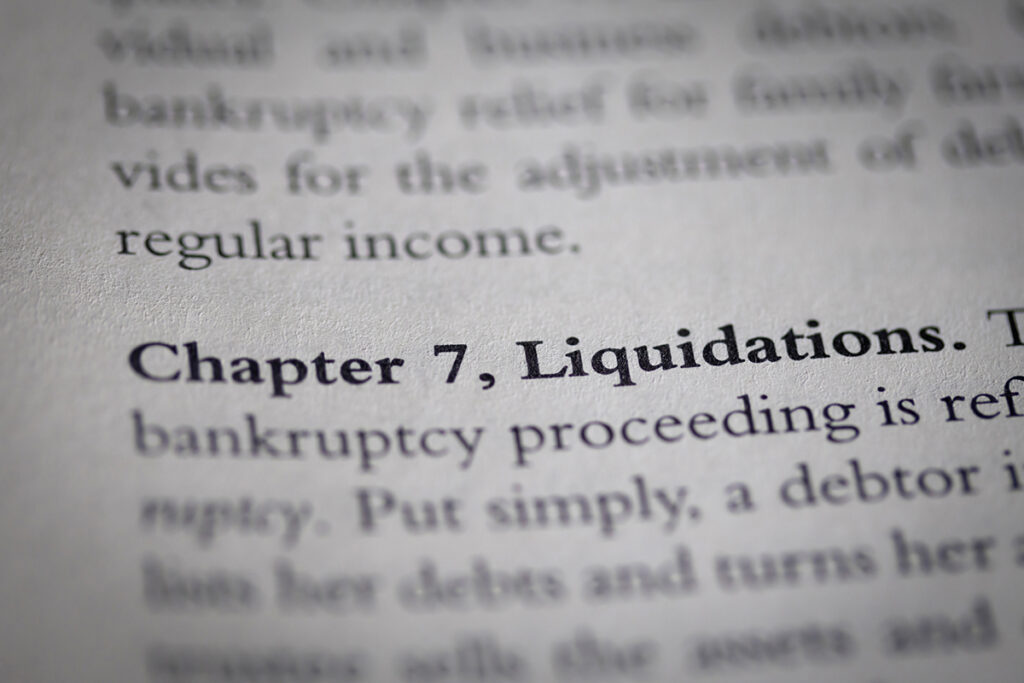
Chapter 13 Bankruptcy and Landlord
As part of the Chapter 13 process, a debtor is required to provide a list of creditors to the bankruptcy court. Your landlord will be included in this list, and they will receive official notice regarding your bankruptcy filing. This does not automatically mean you will be evicted or face negative consequences.
When it comes to your rental property, Chapter 13 bankruptcy can offer certain protections. As long as you continue to make your monthly rental payments as agreed upon in your lease agreement, your landlord cannot evict you solely based on your bankruptcy filing.
They must respect the automatic stay which prohibits most creditors, including your landlord, from attempting to collect debts or commence legal proceedings against you.
Under Chapter 13, your landlord becomes another creditor, but they cannot take any further actions to collect rent or evict you directly. Communicate your intentions and situation with your landlord promptly. Openly discussing your bankruptcy filing and presenting your repayment plan may help maintain positive relations and alleviate any concerns they may have.
Chapter 13 bankruptcy allows for the restructuring of certain debts, including rental arrears. If you have fallen behind on your rent payments, filing for Chapter 13 can serve as an opportunity to catch up on these arrears and protect your tenancy. By including the past-due rent in your repayment plan, you can gradually repay what you owe while maintaining your current lease agreement.
If I Have an Automatic Stay Can I Be Evicted?
The automatic stay is not an absolute shield against eviction.
Certain circumstances can lead to the automatic stay being lifted, allowing the landlord to resume eviction proceedings. If the landlord filed an eviction notice before you filed for bankruptcy, the automatic stay may not prevent the eviction from proceeding.
If you fail to meet the necessary obligations as a tenant, such as paying rent or damaging the property intentionally, the automatic stay may not protect you from eviction either. [2]
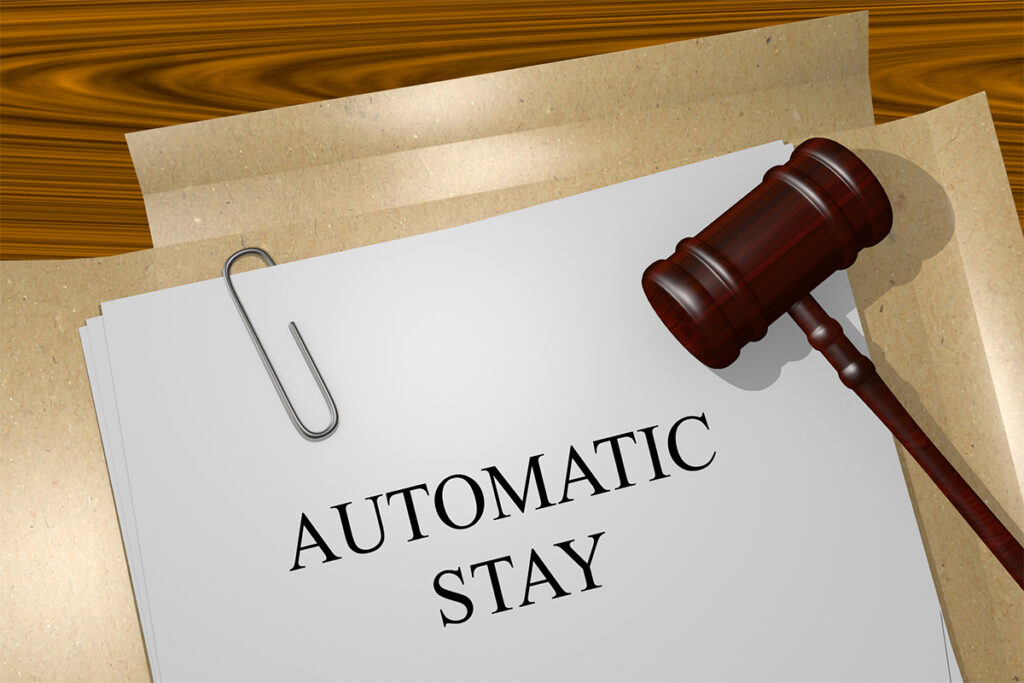
Contact Richard West’s bankruptcy attorneys today to schedule a free consultation and start the process of filing for bankruptcy with peace of mind. Your landlord does not need to know unless they are included in the bankruptcy.
FAQs
A landlord cannot refuse to renew a lease or rental agreement solely based on a bankruptcy filing. The Bankruptcy Code protects debtors from discriminatory actions, but landlords can still choose not to renew for other valid reasons such as nonpayment of rent or property damage.
Landlords may conduct background and credit checks on potential tenants, and bankruptcy can raise concerns about fulfilling rental obligations. It is important to be honest about bankruptcy history on rental applications and provide explanations or additional documentation to address concerns.
Having bankruptcy on your record can make it difficult to secure a rental agreement as landlords may see it as a red flag for meeting rental obligations. It can also negatively impact your credit score and financial transactions in the future.
Sources:
[1] Should You Rent Your Property To A Bankrupt Tenant? – The Easiest Property Management Software for Landlords and Property Management Companies. (n.d.). https://pen.do/should-you-rent-your-property-to-a-bankrupt-tenant/
[2] What Happens When Your Tenant Files Bankruptcy in Maryland? (2023, September 28). Bay Property Management Group. https://www.baymgmtgroup.com/blog/what-happens-when-your-tenant-files-bankruptcy-in-maryland/

